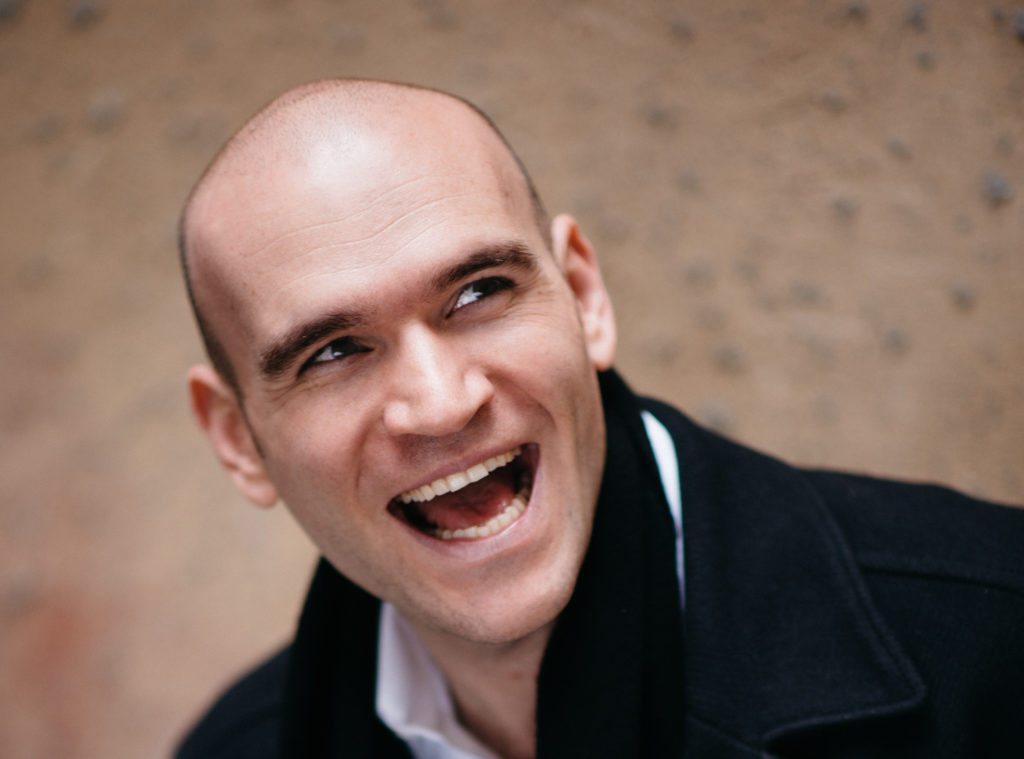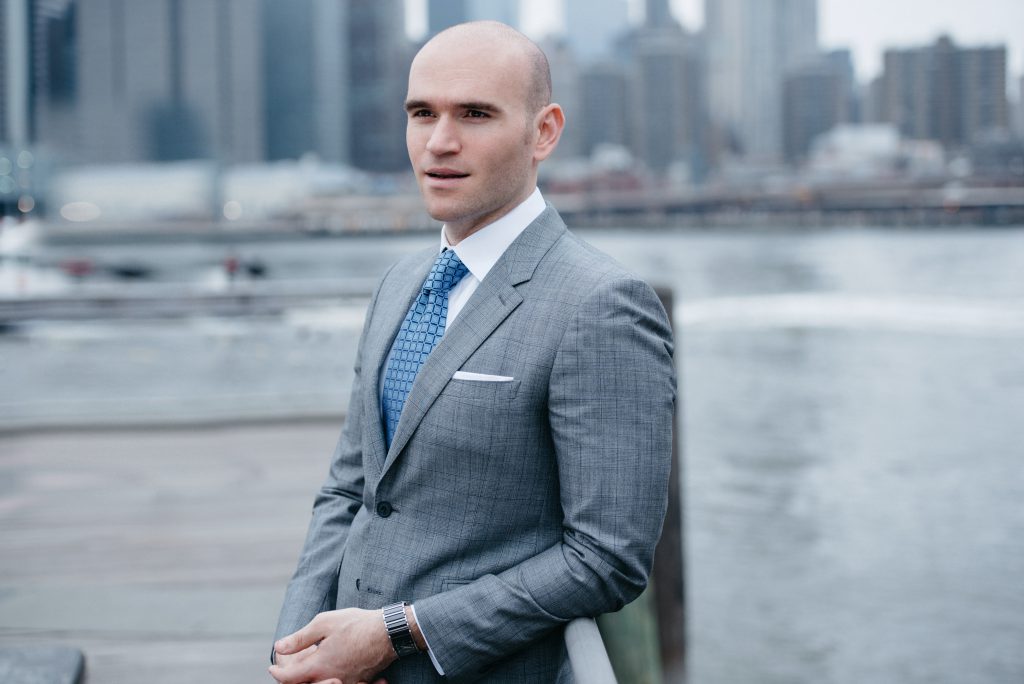Dallas Voice: One in tenor
Newly-married opera star Michael Fabiano still hasn’t had his honeymoon, but that won’t stop him from performing for Dallas audiences
In the 1990s, the buzz around the opera world was all about The Three Tenors — Pavarotti, Domingo, Carreras. But Pavarotti is gone, and Carreras has retired. So for this millennium, you could make the case that the torch has been passed to a new triumvirate: Michael Fabiano, Bryan Hymel and Matthew Polenzani.
Certainly that’s what the Dallas Opera thinks, as the company has booked the threesome for a one-night-only gala concert: Fabiano Hymel Polenzani, each among the hottest and most sought-after men in opera.
We snagged a phone call with Fabiano, the openly-gay member of the threesome, to discuss his status as a newlywed, his favorite arias and what he has planned for the Dallas concert.
Dallas Voice: What drew you to a career in opera? Michael Fabiano: Opera is the greatest of all theatrical enterprises, because you have the greatest synthesis of all — music, dance, acting, lighting, scenography large and small… and it’s not amplified. [That said] This production of Faust [the Gounod opera he is currently appearing in it London] in particular, it runs like a Broadway musical — with dance, with the ballet with Mephistopheles dressing up in a dress and crazy actors running around.
Patti LuPone told me that even on Broadway she prefers not to be amplified too much, because audiences are more engaged when they have to lean in rather than being blown back in their seats. Funny you say that. I gave a master class to some younger artists recently. They were singing well, but consistently loudly. I told them, bring the public with you — don’t go to them. You can sing piano [softly] without a mike but people will come to you. You want to be aware of the experience of the listener and the audience member.
Many opera singers have a set repertoire of roles, or types of opera. How do you feel about that? I don’t put people in silos — it’s counterproductive. I ought to sing works that work for me, but it doesn’t help to conform to just bel canto or baroque or French. That said, these last five years — and the five years [going forward] — I am [concentrating on works in the canon of] bel canto, Verdi, Puccini and French [composers]. But that’s a fairly wide berth. It’s not like I’m just doing 15 operas by [a few composers].
You got married last fall, so you’re still a newlywed, but your husband, Bryan McCalister, isn’t in the opera world. How has that worked out? From the day after I got married, we haven’t really had a time to relax completely. He’s with me now. He’s able to get on the road for not-long periods of time. There are times he can’t be here. He’ll be going back to New York for about a week, then I come to Dallas, and the next day I go back to Europe until the end of July. But we will find time [alone together] this summer.
You have already booked far ahead… I have three years completely full and there are theaters around the world scheduling through 2024. Things change obviously, but the planning happens that far in advance.
When you began to study voice, did you fully comprehend how taxing a successful career would be, or did you think, “I would like to learn to sing, maybe ply my craft locally, and that’s it?” That was never the way I thought. My mind is tracked differently than a lot of people. [From the moment I decided to pursue a career in opera], I was thinking of the plan behind my [career] entirely — what is the best way I can demonstrate that I am a great artist and maximize my ability to showcase that art? That meant lots of study, learning languages, becoming immersed in culture, reading a lot and creating a solid [infrastructure].
You sound like a business school guy who happened to wind up in opera. I think every opera singer should be [a businessman]. We shouldn’t [just] be artists with our heads in the clouds. Artists have to be the chairman of their own board — to make the decisions at all times; otherwise, the fall of the artist is much greater, if other people are making decisions for them. So the buck stops with me every single time. I think there are a lot of artists like this [nowadays]. A lot more are aware of their burden.
Have you noticed change in voice over your career? I think no singer is the same — no one is equal [because] everyone has a different instrument, and the vocal cords [in each of us] work differently. But I say that voices have a five- to six-year period, then have a reconfiguration. I have had a few of them. From 19 to 25 or 26 [my voice was one thing], and then I noticed things were a little strange. So I adapted. But by the time I hit 32, I was starting to think again of how to sing. [And now], my voice has gotten larger and needs to be reined in more. Different singers are different. When we gain or lose weigh’t it impacts how we use our air and how much energy we have, and that requires different tuning.
Do you have any favorites, maybe that you don’t even perform all the time but just on a personal level are the kind you’d, say, sing in the shower? Certain things work better for me. My [go-to composers] are Verdi and Tchaikovsky. I love a lot of the Russian composers — a lot of them speak to me, though I don’t [perform them as much]. That may change in the future. I’m releasing my first solo album [this month], and there will be Verdi and Donizetti operas, a lot of Faust and [Massenet’s] Manon Lescaut and Romeo & Juliet.
For the Dallas concert, I assume you get to pick the arias you’ll perform… Everything I am singing audiences should know somewhat — the concert is filled with large, important hits. There are exceptions to that rule, but everything is great. Bryan, Matthew and I are friends and are able to speak very openly with each other about what we want to do, what makes us unique, and the Dallas Opera has given us things to think about in the concert.
Now that you’ve advanced so far professionally, do you think more about things like who your stage director will be or the conductor in choosing a production? That weighs heavily on my mind more and more these days. When making a decision about new projects, I will consider [those factors]. I hate to be blunt, but it’s not interesting to work with people who aren’t interesting.

